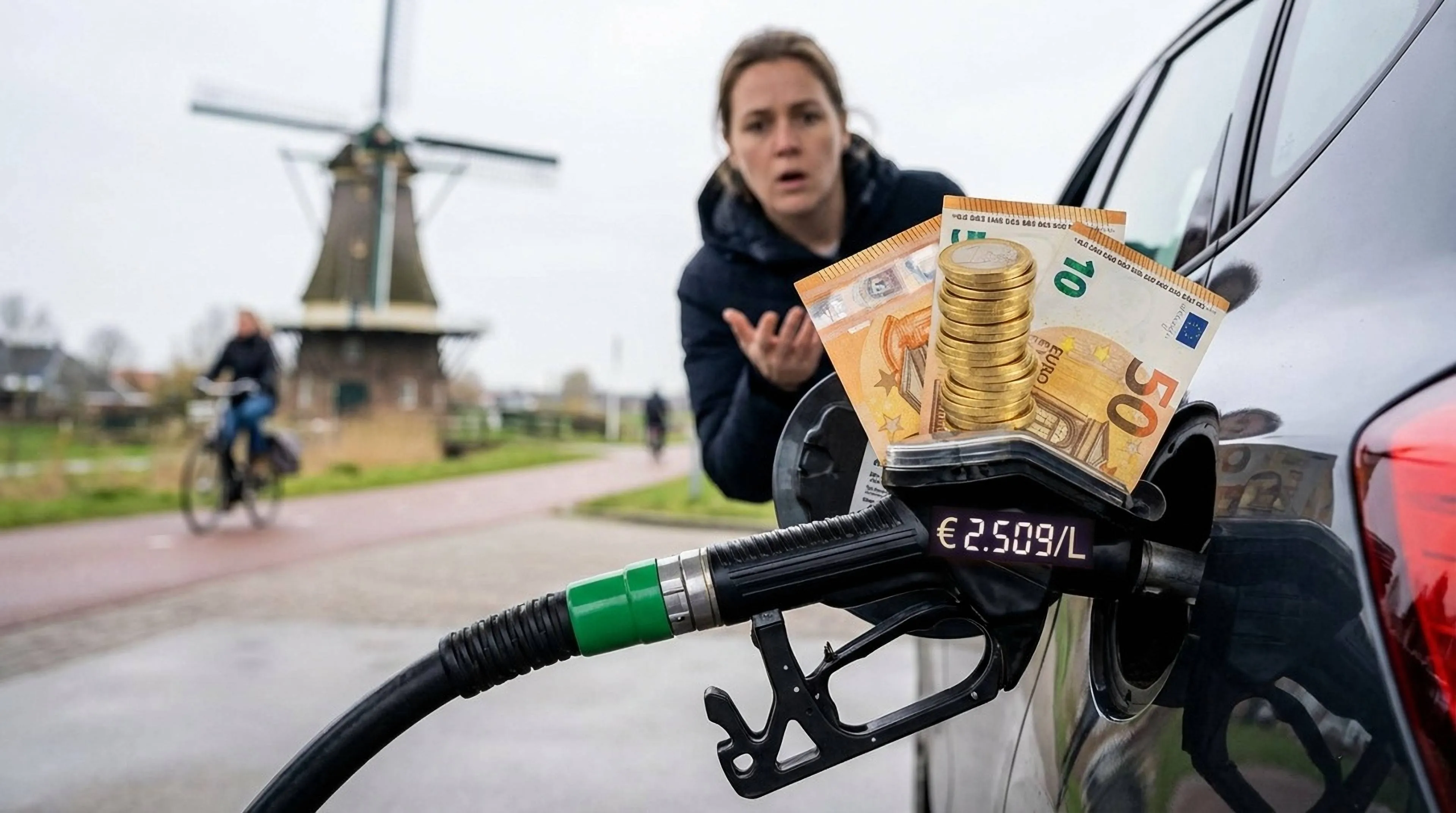Wind helpt niet om CO2-uitstoot te verminderen

Wind Power Won't Cool Down the Planet
The wind industry has achieved remarkable growth largely due to the claim that it will provide major reductions in carbon dioxide emissions. There's just one problem: It's not true. A slew of recent studies show that wind-generated electricity likely won't result in any reduction in carbon emissions or that they'll be so small as to be almost meaningless.
This issue is especially important now that states are mandating that utilities produce arbitrary amounts of their electricity from renewable sources. By 2020, for example, California will require utilities to obtain 33% of their electricity from renewables. About 30 states, including Connecticut, Minnesota and Hawaii, are requiring major increases in the production of renewable electricity over the coming years.
Wind not solar or geothermal sources must provide most of this electricity. It's the only renewable source that can rapidly scale up to meet the requirements of the mandates. This means billions more in taxpayer subsidies for the wind industry and higher electricity costs for consumers.
None of it will lead to major cuts in carbon emissions, for two reasons. First, wind blows only intermittently and variably. Second, wind-generated electricity largely displaces power produced by natural gas-fired generators, rather than that from plants burning more carbon-intensive coal.
Because wind blows intermittently, electric utilities must either keep their conventional power plants running all the time to make sure the lights don't go dark, or continually ramp up and down the output from conventional coal- or gas-fired generators (called "cycling"). But coal-fired and gas-fired generators are designed to run continuously, and if they don't, fuel consumption and emissions generally increase. A car analogy helps explain: An automobile that operates at a constant speed say, 55 miles per hour will have better fuel efficiency, and emit less pollution per mile traveled, than one that is stuck in stop-and-go traffic.
Lees ook
Loading


